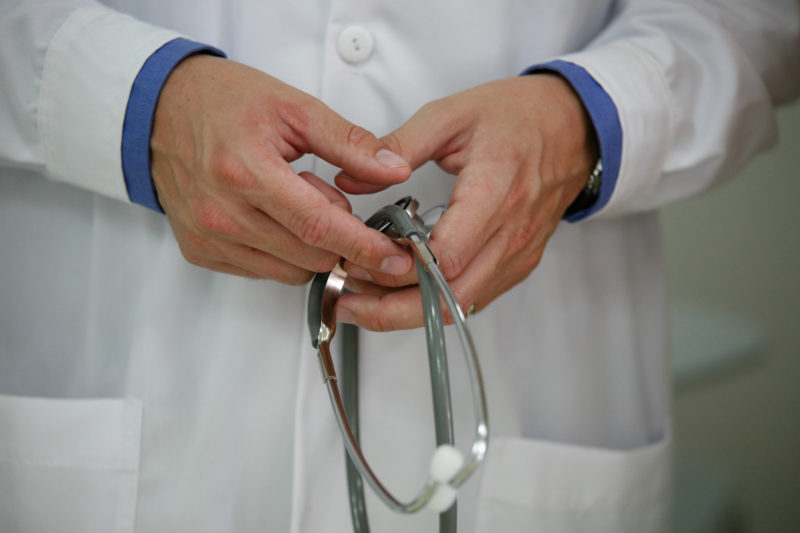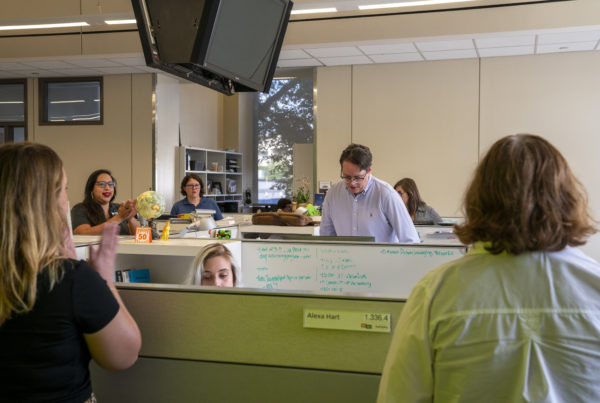From Texas Public Radio:
Few would disagree that immigration is among the most important policy issues of our time. But if you’re a professional, what is your role in all this? That’s what some doctors and future doctors at UT Health San Antonio have been discussing, and some of those conversations have centered on a concept called “medical neutrality.”
“Let us look to medical neutrality as our north star,” said Dr. Ruth Berggren, the director of the Center for Medical Humanities and Ethics at UT Health San Antonio. She was moderating a panel of doctors, an immigration law expert, a hospital chaplain and a pastor.
“This time honored principle holds that our role as medical professionals is to relieve suffering, regardless of our patient’s politics, race, religion, or anything else,” Berggren said.
The lecture hall was full of UT Health San Antonio medical students, but also doctors from around the state, immigrant advocates and regular community members who all want to better understand the situation.
Berggren says the concept of medical neutrality simplifies things for those in the medical field.
“You have someone in front of you who is suffering and you have the means at your disposal to alleviate that suffering or even eradicate it and you act,” she says.
Berrggren says it doesn’t matter if the person who needs healing is an enemy combatant or the winner of the Nobel Peace Prize – doctors are obligated to help them if they can.
She says the discussion is especially important for students at UT Health San Antonio.
“This is an issue that has arrived at our doorstep and that affects everyone at this Health Science Center in some or fashion every day, and we need to make sure that our learners understand that there is this principle of medical neutrality and they can stand on that platform and feel safe and feel justified in the work that we do every day,” she says.














